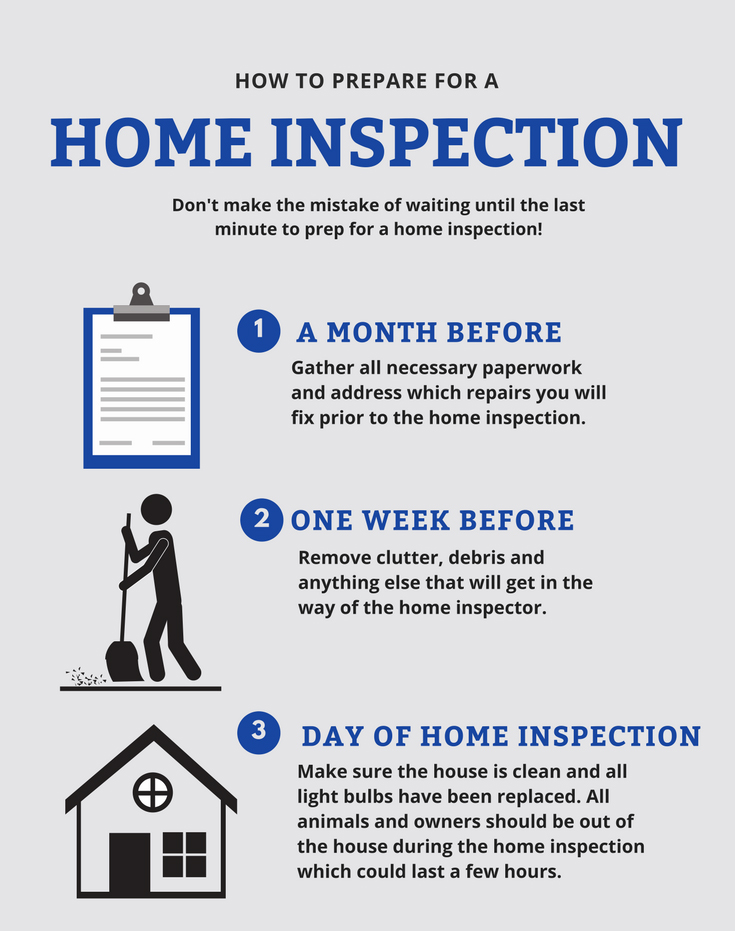Breaking Down Home Inspections In Omaha, NE
 The home inspection is a crucial part of the buying process. If you have ever brought or sold a house, then you are probably well versed in what a home inspection is and how/why they are conducted. On the other hand, if you are a first-time home buyer, this may be your first time hearing the phrase. And that is where we come in! Whether you are a real estate aficionado and just need a refresher, or you are a newbie trying to understand the lingo, today’s blog post is going to break down everything you need to know about the home inspection process.
The home inspection is a crucial part of the buying process. If you have ever brought or sold a house, then you are probably well versed in what a home inspection is and how/why they are conducted. On the other hand, if you are a first-time home buyer, this may be your first time hearing the phrase. And that is where we come in! Whether you are a real estate aficionado and just need a refresher, or you are a newbie trying to understand the lingo, today’s blog post is going to break down everything you need to know about the home inspection process.
What is a home inspection? As mentioned above, the home inspection is a crucial part of the home buying process and is designed to protect the buyer in the sale. To put it simply, a home inspection is a ‘non-invasive’ examination of the property where a licensed home inspector will review the house for mechanical, structural and/or electrical defects. This will give the buyer a more comprehensive overview of the home, which helps to ensure there are minimal surprises when they take control of the property.
When does a home inspection usually take place? Typically, the home inspection will be conducted a short time after the seller accepts the offer from the buyer.
Is a home inspection required by law? The short answer is no, home inspections are not required to be performed. But they are worth the money as it acts as a protection of the investment, as well as gives the buyer peace of mind regarding the true shape and condition of the house.
What will the home inspector be looking for in the home? The inspector will be looking for any issues/problems that have to do with the home’s electrical system, plumbing, heating and cooling system, foundation, windows and doors, roof and more.
What do I need to do to prepare for a home inspection? If you are in the process of selling your home or are thinking of selling your home in the future, we have listed three simple steps to help you prepare for a home inspection. First, about a month prior to the inspection, you should ensure all the paperwork is in order and start addressing the repairs you think need attention (these will be things you believe will be red flags to the inspector). Second, about a week before the inspection, you should start removing clutter and/or anything you feel may interfere with the inspector. Lastly, our third tip for you is to ensure the house is clean, light bulbs have been replaced and everyone (including pets) are removed from the home the day of the inspection.









